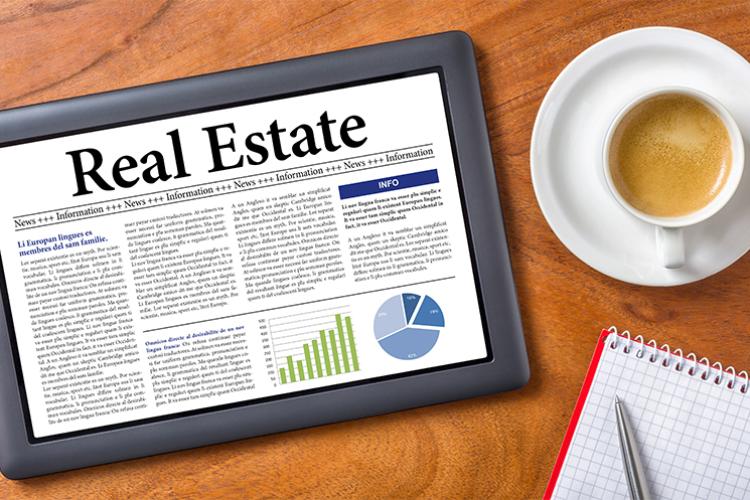Owning and managing real estate properties can be a lucrative investment opportunity. However, success as a landlord requires careful management of your rental properties. Here are some key steps to effectively manage your real estate investments.
Determine the Fair Market Rent
To set the right rent, it's important to strike a balance between what's too high and what's too low. Factors to consider when determining fair market rent include median income, prospective tenant demographics, competition, and property amenities. You can use online resources like Stessa Rent Estimate to identify the fair asking rent based on current listings, rent comparables, and market trends.
Market the Vacant Property for Rent
Online rental listing and tenant screening services like Avail and Rentec Direct let landlords create a rental listing, automatically syndicate listings to online rental listing services, and send leads from prospective tenants directly to the landlord. After a tenant is selected and the lease is signed, collect the security deposit and initial rent, and meet the tenant at the property to complete a move-in checklist.
Inspect and Maintain the Property
Maintenance and repair issues will occur. Performing routine inspections of the interior and exterior of the property can help catch small issues before they become big and expensive. To help streamline repairs and respond to tenant maintenance requests more quickly, landlords can compile a list of items a landlord or handyman can fix, develop a list of licensed and insured contractors, ask local fellow landlords for trusted contractors and vendors, and regularly contribute to an emergency fund or CapEx account to avoid having to go out of pocket for major repairs.
Collect the Rent and Enforce the Lease
To collect rent, many landlords use online rent payment systems like Cozy and TenantCloud for same-day rent payment collection with any processing fees paid by the tenant. Collecting rent online can boost rent collections, as tenants prefer to pay rent online and are more likely to pay the rent. If a tenant doesn't pay on time, landlords should charge any late fee that is allowed in the lease. A tenant that consistently pays late can create cash flow problems for a landlord, and may end up having to be evicted.
Evict Tenants Who Don't Pay Rent
If a landlord has to evict a tenant, it's important to know the costs and time involved. Some landlords offer a tenant cash in exchange for giving back the keys and vacating the property to avoid a costly eviction. This strategy can get the rental property quickly cash flowing again.
Use a Good Rental Property Accounting System
The best accounting system for a rental property will provide a system for storing documents and receipts for a paper trail, and generate accurate financial reports like an income statement and net cash flow report. Stessa is a popular tool that can help investors track real estate investments, automate income expense tracking, run reports and export tax-ready financials, monitor financial performance at the property and portfolio level, track expenses on the go with the iOS and Android app, and organize and securely store real estate related documents.
Managing rental properties requires a lot of time and effort. However, following these steps can help you effectively manage your rental properties and maximize your returns.
- Log in to post comments

